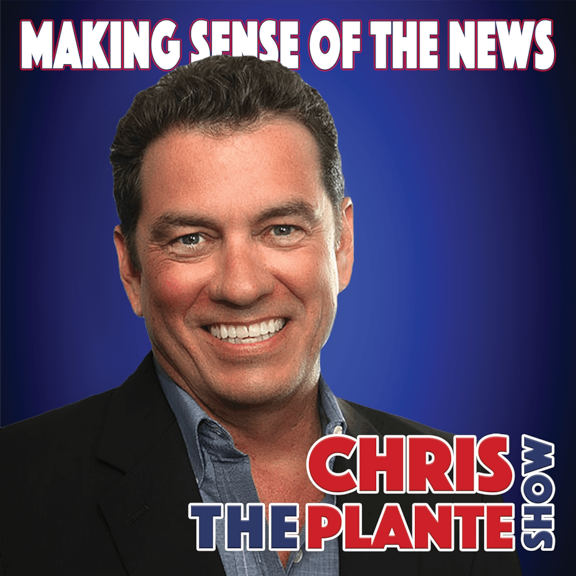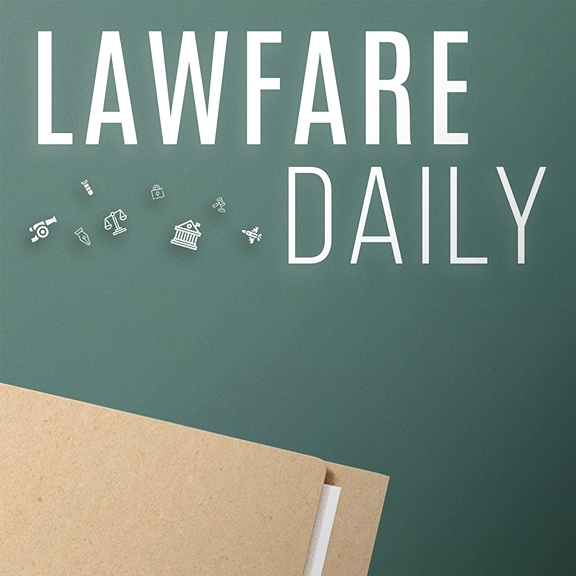
The Return of the Stormwater Rangers: Tackling Urban Stormwater and Statewide Solutions
In this episode, Rebecca Squared & Amanda the new kid continue the coversation with Stormwater Super Heros - Giants of municipal water protection activities; South Portland's Stormwater Coordinator Fred Dillon and Portland's Stormwater Coordinator Doug Roncarati and their state level partner Maine Department of Environmental Protection Stormwater Engineer Cody Obropta to tackle issues around development pressures.
Does regulation make development harder or does regulation and planning make development cheaper on the community in the long run? Get the one the ground facts from the front lines and learn about the theory of low impact development versus use of green infrastructure and why those buzzwords are coming to an ordinance near you soon.
Ever wondered about the intricate dance between stormwater law and water quality standards? Using the Long Creek Watershed as our case study, we delve into the stringent mandates of MS4 permits and the herculean efforts required to restore urban impaired stream habitats. Our discussion extends to the significance of maintaining viable aquatic ecosystems and a closer look at the progressively stricter requirements every five years. You'll gain insights into the benefits of educating service contractors, the impact of clearer statewide standards, and the promising potential of green infrastructure projects.
Lastly, explore the innovative ways Portland’s stormwater utility credit program incentivizes redevelopment while addressing pollutant-specific approaches for stormwater management. We highlight how these strategies benefit developers and the broader implications of climate change on future MS4 communities. Tune in to hear about Maine’s unique phosphorus control strategies in lake watersheds and the persistent challenges posed by historical land use and climate change. Wrapping up, we stress the importance of expert consultation and community involvement, all while celebrating the camaraderie and shared humor of those dedicated to tackling these complex environmental issues.
"Urbanized and developed municipalities and other large public entities require Clean Water Act permits to send stormwater to nearby water bodies due to an increased likelihood of stormwater pollutants."
"Stormwater is precipitation that does not soak into the ground. Runoff accumulates in large quantities as it flows off of rooftops, driveways, roads and other impervious surfaces, picking up soil and polluting chemicals in its wake. It then flows into a storm drain, through an underground network of pipes, where it discharges into local rivers and streams, untreated."
Think Blue Maine
https://thinkbluemaine.org/
Map of urban impaired streams: https://maine.maps.arcgis.com/apps/webappviewer/index.html?id=7f8f40a744ad49f3a6cccc7f1330872a




















